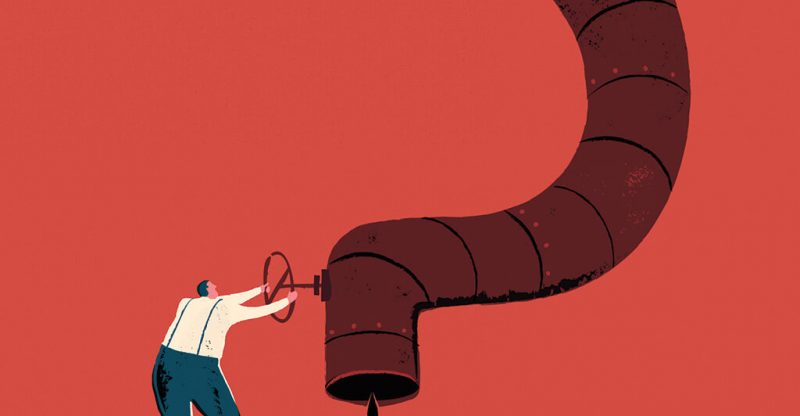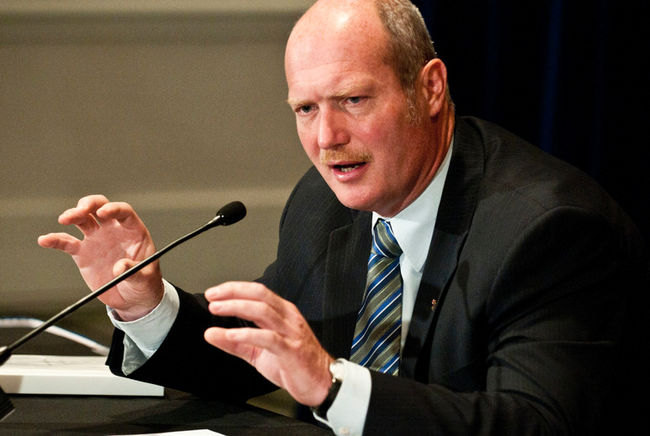Rising oil prices may not make a recovery for Canada’s oil companies
Canada might be in for another twist even though the oil prices have begun to bounce back again. The release of new carbon taxes, regulations and pipeline complications may just put an end to the oil industry.
The past two years had been a very rough period for the industry as oil prices dropped significantly and it was very evident as a 62% drop in investment was experienced. According to the Haynes and Boone Oil Patch Bankruptcy Monitor, 17 Canadian oil companies out of business.
However the oil sector is always prepared for such situations and is getting accustomed to it. The oil sector safeguards capital relies on suppliers to regulate oil prices, and also creating new avenues to boost on their productivity. But things are also toughing up for the oil sector but with the oil prices booming up again, there is speculation that Canadians will not gain from the swell.
According to the president of the Explorers and Producers Association of Canada, Gary Leach,” even though the oil sector is faced with a lot of short comings, the government id is set towards on enforcing new policies. The Alberta government alone is introducing a carbon tax, a 100 megaton emission cap for the oil sands and a commitment to cut down on fugitive methane emissions by 40%. Ottawa has also indistinctly promised to introduce a nationwide carbon reduction project. Canada has done serious damage to its reputation as a reliable place to do business.”
Hence even an increase in the oil prices, the Canadian oil sector has little to gain from it as all these new policies to be enforced will have a huge impact on the sector. There will also be a low performance rate in the stocks as profitability will also be dampened.
But it is of great importance to comprehend the way businesses are handling low prices. Companies are now interchanging their strategies to cut down on capital costs.
Kevin Birn, senior director of Canadian Oil Sands Dialogue with HIS Markit stated that “for oilsands facilities over the years to come it will depend on how well you can handle what you want. For companies that have already established their sites and infrastructure, it means they will have lower operating costs.”
Another factor that is hindering the progress of the sector is the absence of new pipelines. The establishment of new pipelines will bring about $106 million of investment and produce 500,000 fewer barrels a day. Shelley Milutinovic, the NEB’s chief economist explained that “without the pipeline capacity, the oil is more constrained inland, and differentials are higher when you ship by rail, hence is less expenditure on producers.”
But University of Calgary economist Trevor Tombe, disagrees with this saying “a lack of pipelines doesn’t stop companies from shipping their oil out; there are other options but the cost is higher. Anything that increases the cost per barrel is going to decrease margins and profits which will in turn cut down on investment.”
As of now, the effects of the emission policies still remain unclear but that will not prevent companies from measuring the policy relevant costs.





